The authors recommend practitioners review their clients’ donor advised fund agreements and consider how their clients’ donor advised fund will be administered upon the client’s death or incapacity.
They found that community foundations, such as the Community Foundation for Palm Beach and Martin Counties, can work closely with donors to ensure their charitable wishes are met even after they and they’re decedents are no longer around to direct giving.
DAFs let people make tax-deductible donations to sponsoring organizations. Donors can contribute cash, stocks, real estate, art, and even cryptocurrencies. National financial institutions, like Fidelity Charitable and Vanguard Charitable, have charitable arms to manage DAFs. They handle investments and file tax returns, but they might not offer as much flexibility as community foundations.
For example, community foundations can adapt DAF agreements to allow multiple generations to manage and request grants. They often review requests to make sure they align with the donor’s wishes.
On the other hand, some national institutions might limit the ability to change DAF agreements. They may require all children to agree on grant requests or allow any one child to make decisions without consulting others. This can create challenges if successors disagree on charitable giving.
Another concern is what happens if no one can take over the DAF. Some sponsors may not honor the donor’s preferred charities and instead, decide themselves where the funds go. This is more likely with national financial institutions than with community foundations, which often distribute remaining assets according to the donor’s original plans.
Donors planning to contribute large sums, like $50 million or more, should carefully consider how their DAF will be managed after their death or incapacity. They need to ensure their charitable goals are clear and will be followed. Otherwise, the sponsor might make donations that don’t match the donor’s intentions, especially if they’re working with large financial institutions.
While DAFs provide a simpler alternative to private foundations, the flexibility and personal attention offered by community foundations make them a strong choice for ensuring that charitable wishes are honored. Donors should review their options and possibly choose community foundations for more personalized and adaptable management of their DAFs, according to the authors.





